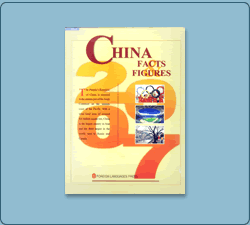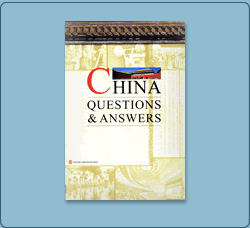|
As a permanent member of the United Nations Security Council, China strives to integrate itself into the international system, safeguard the authority of the UN Security Council, and promote peaceful settlement of regional hotspot issues through negotiation and dialogue. China supports the preventive diplomacy and mediation of the UN and its Secretary-General, advocates a just and rational world political order, and opposes unilateralism and hegemonism. China actively takes part in UN cooperation in peacekeeping, arms control, counter-terrorism, fostering development, defending human rights and justice, and environmental protection, and the activities of UN specialized agencies. China also attaches great importance to other multilateral systems, pushes forward international arms control and disarmament, upholds the multilateral arms control process including the development of non-proliferation mechanisms; it supports multilateral practical cooperation relating to counter-terrorism, non-proliferation, humanitarian aid, climate and environment, avian flu and transnational crime.
On May 19, 2006, China's President Hu Jintao met with UN Secretary-General Kofi Annan in Beijing. Before this, President Hu held a meeting with Anna Kajumulo Tibaijuka, Executive Director of the UN Human Settlements Program (UN-Habitat), and Shafqat Kakakhel, acting Executive Director of the UN Environment Program, in Nairobi during his state visit to Kenya. On October 27, President Hu met with the visiting South Korean Foreign Minister Ban Ki-moon, the then incoming UN Secretary-General. China also conducted fruitful cooperation with UN specialized agencies, foundations and programs. Margaret Chan, former director of the Health Department of Hong Kong Special Administrative Region, recommended by the Chinese government, was elected Chief of the World Health Organization. So China is going to share its experience in public health undertaking with the rest of the world for the well-being of all mankind.
China supports the UN in appropriate and necessary reform, which should be pan-dimensional and multi-sectorial, for better coping with new challenges facing the world and a larger role in development issues and in attaining the Millennium Development Goals. As regards the UN Human Rights Council founded in 2006, China put forth the "five necessities" for blazing a new path for international human rights undertaking, namely that peaceful environment, sustainable development, harmonious and tolerant society, constructive dialogue and cooperation, and effective mechanisms are needed to guarantee human rights.
|




